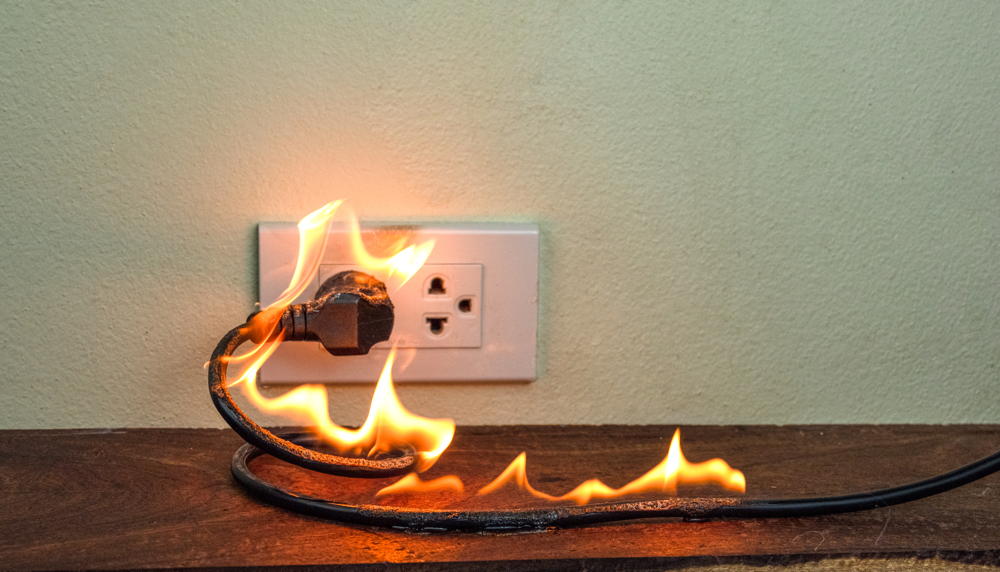Expert Help for OCD
Take Your Life Back from OCD
Offering expert treatment for all types of OCD, including unwanted obsessional thoughts. Our OCD treatment program is typically 10 weeks. We offer twice-weekly sessions, groups, and intensive programs. Intensive program can be in person or online. Low cost options available. Contact us...
Behavioral Wellness Clinic
392 Merrow Rd, Suite E,
Tolland, CT 06084
Office: (860) 830-7838
OCDTYPES
Obsessive-compulsive disorder comes in many forms
About Obsessive-Compulsive Disorder
Compulsive Checking
Checking rituals can be a result of all types of obsessions, including fears of harming accidentally, fears of harming impulsively, or sexual obsessions. The purpose of compulsive checking is to reduce distress associated with uncertainty or doubt over feared consequences for oneself or others. For example, a person who worries about causing harm by not being careful enough, may have the thought that if they check that the door is locked, they will be assured that no one will break in.
Whereas some checking is cued by specific situations (e.g., leaving the house) and reminders (e.g., light switches), in other instances it is performed in response to random thoughts that just pop into the mind and are considered dangerous. People with these types of obsessions, may believe that if they think of a bad event, it is more likely to happen.

Types of Checking
Checking locks. People with OCD have been known to repeatedly check locks to ensure that they are properly bolted. The person who checks knows that they have checked the lock, but feels it is important to check again just in case. The person may check locks on doors, they may check window latches, or car door locks. The fear is usually that someone may break in and steal possessions, or cause harm, and that the person with OCD would be responsible for not having checked the lock initially. This type of compulsion is particularly common when someone has OCD that is triggered by a traumatic event such as rape or burglary and can also be a symptom of PTSD.
Checking stoves, appliances, and switches. People with OCD often check stoves, ovens and toasters to ensure that they have not left on anything that could cause a fire. The person may repeatedly check to make sure the appliance is off or unplugged, and is no longer hot before they feel safe. Usually this fear applies to other appliances that can get hot such as a blow dryer or curling iron. In many cases people worry about light switches, electrical outlets and light sockets being a cause of fire as well. If the person can not be sure that the items are in the off position, the person will obsess that a spark or a faulty wire could cause a fire. They may check smoke alarms to ensure the batteries are still intact.
Checking faucets and taps. People with OCD often check faucets and taps, to be sure they were not left on or dripping. They may check due to catastrophic fears of a flood happening causing damage or injury to the home or even neighbors.
Checking related to harming others. Because people with OCD tend to feel overly responsible for causing harm, it is not uncommon for them to repeatedly check to ensure that they have not accidentally caused harm to others. One common example of this type of checking involves fear of running another person over while driving. The person with OCD may hit a bump in the road and then worry about whether or not the bump was the sound of the car running over another person or a small child. Even though logically, the person with OCD knows that if a person had been hit, there would be the sound of screaming and sight of blood, the OCD torments the sufferer of thought of "what if..." So the person with OCD will then stop the car and look under the wheels or turn around to inspect the road to reassure him or herself that no one was harmed.
Checking related to harming self. Some people with OCD worry that they may have harmed themselves without knowing it. They may check their bodies for cuts and bruises to be sure.
Checking surrounding catastrophe. These people will go to great lengths to make sure that nothing terrible has happened that they may be responsible for. This includes checking the newspapers for information about disasters (e.g. airplane crash) or obituaries for deaths.
Checking for mistakes. People with OCD are often concerned about having made an error that will result in terrible consequences. As a result they may repeatedly review homework, checks, and forms. They may open sealed letters to make sure they completed everything correctly. They may review emails multiple times both before and after sending.
Checking tied to health concerns. People with OCD may fear they are coming down with a dreaded disease. In such cases they may repeatedly check their body for signs of illness. For example, they may purchase a blood pressure cuff and repeatedly check their blood pressure. They may examine their skin for signs of blisters or redness. They may take their temperature to ensure it is not elevated. Read more about Somatic Compulsions.

